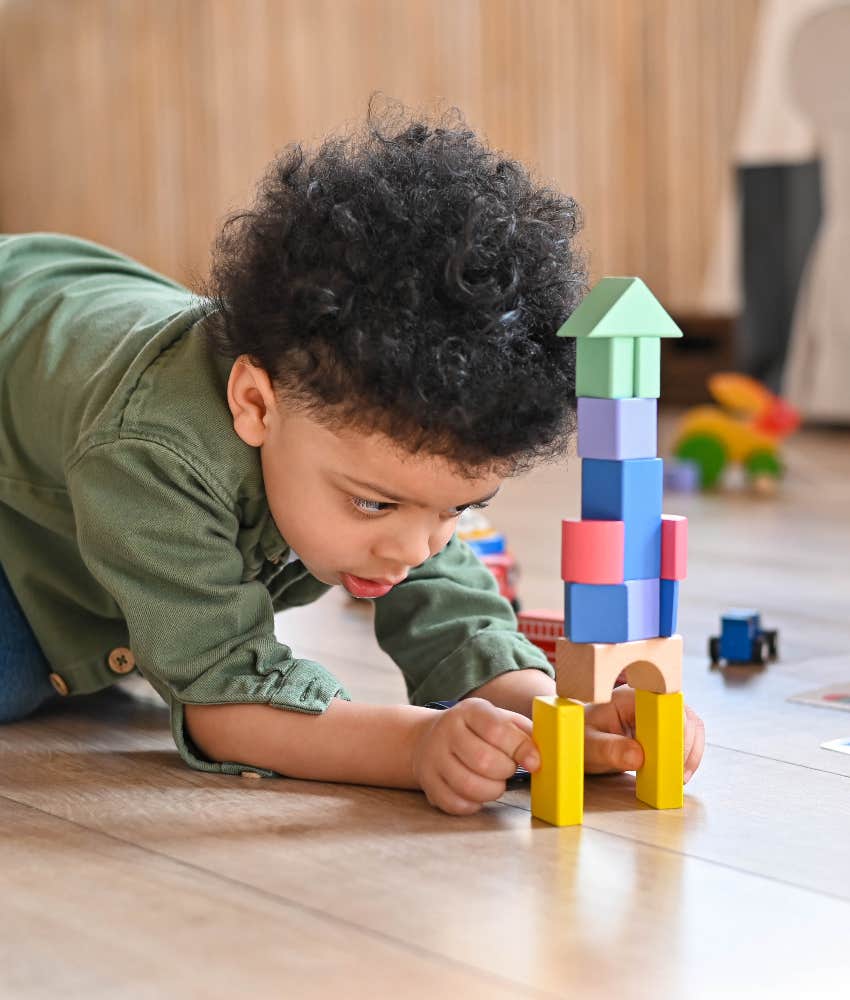How Your Childhood Hobbies Quietly Predicted Who You Are Today, According To Psychology
Our interests can actually determine who we will become.
 PeopleImages / Shutterstock
PeopleImages / Shutterstock Most of us dreamed about having a certain career growing up. Maybe you wanted to be a doctor, or a ballet dancer, or a zookeeper (like me!). These desires are typically driven by our childhood interests. I mean, if you like space, naturally you'd want to become an astronaut.
But researchers have discovered that there may be a psychological connection between what we liked as children and the kinds of jobs we pursue as adults.
Research shows that our childhood hobbies can potentially predict our career path.
According to a 2021 study, early childhood interests shaped educational and professional choices later on in life. Researchers followed 1700 participants from their teenage years to their mid-30s to determine their career outcomes in relation to their hobbies as kids.
 insta_photos | Shutterstock
insta_photos | Shutterstock
Teens whose interests matched the careers they eventually chose were happier with their jobs a decade later. These early interests were also predictors of things like how far they went in school, their level of success in their job, and how much income they earned.
Interestingly, changes in their favored hobbies over time didn't end up affecting their choices. What had the most impact on their future career outcomes was the original interests they reported as teenagers.
The study used a vocational interests model to categorize the participants.
The RIASEC model, otherwise known as the Holland codes, is a commonly used career development theory that matches personality types to work environments. There are six vocational interest categories in the RIASEC model: realistic, investigative, artistic, social, enterprising, and conventional.
These categories reflect dominant personality traits that relate to careers where individuals may be most successful and fulfilled. For example, someone in the investigative category, which values observation, logic, and problem-solving, could enjoy a career as a detective, scientific researcher, or technological programmer.
"Matching with careers that resonate with our own motivations and interests greatly enhances the likelihood that the career will be satisfying in the long term, while neglecting parts of one's own deeper interests is a recipe for career frustration," says Sylvia Broetje, PhD, a psychologist and career counselor. "RIASEC assessments are also very valuable in exploring career changes and even the transition to a meaningful retirement."
Other studies reveal similar findings about the connection between childhood interests and future careers.
Another study, commissioned by The Genius of Play and conducted by OnePoll, analyzed the survey answers of 2,000 adults in the U.S. with children ages 3–14. Researchers were specifically looking at childhood factors that influenced career choices.
 Yarrrrrbright | Shutterstock
Yarrrrrbright | Shutterstock
Thirty-two percent reported that the toys they played with as children helped determine their career paths. Additionally, the activities they were involved in (50%), the media they consumed (40%), and the careers of their parents (34%) were also major factors.
Of course, not all children who roleplay as doctors or astronauts will end up in those professions. What matters is that children are able to use these experiences to learn valuable soft skills, experience new opportunities, and potentially discover a lifelong passion.
Kayla Asbach is a writer currently working on her bachelor's degree at the University of Central Florida. She covers relationships, psychology, self-help, pop culture, and human interest topics.

